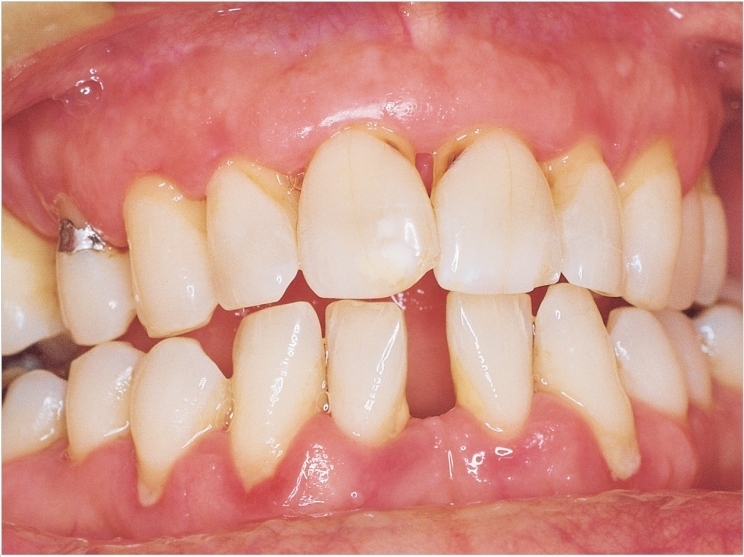
There is strong epidemiological evidence that periodontitis increases the risk of future atherosclerotic cardiovascular disease, according to a consensus report from the Perio-Cardio Workshop, an expert meeting organized jointly by the European Federation of Periodontology (EFP) and the World Heart Federation (WHF).
The report explains the latest evidence on the associations between the two diseases and provides a series of recommendations for dentists, doctors, and patients. Also, the EFP is preparing an outreach campaign based on its findings that is due to launch in April. According to the report:
- Patients with periodontitis should be advised that they have a higher risk of suffering cardiovascular diseases, including myocardial infarction and stroke.
- Patients also should be advised to actively manage risk factors such as smoking, lack of exercise, excess weight, blood pressure, and diets high in saturated fats and refined sugars.
- Patients who have both periodontitis and cardiovascular disease should be informed that they may be at higher risk of suffering subsequent cardiovascular complications and that they should therefore stick to recommended dental regimes of prevention, treatment, and maintenance.
The report says that severe periodontitis is independently and significantly associated with cardiovascular disease from all causes and with cardiovascular mortality in various populations. Proposed mechanisms to explain this association include bacteremia and the associated systemic inflammatory sequelae, including elevations in C-reactive protein and oxidative stress.
The consensus report was based on four technical papers that systematically reviewed the evidence for epidemiological associations between periodontitis and incident cardiovascular disease, mechanisms of biological plausibility relating to periodontal bacteria and systemic inflammation (two reviews) and periodontal intervention studies.
The Perio-Cardio Workshop also reviewed the potential risk and complications of periodontal therapy in patients who are on anti-thrombotic medication. The report provides detailed recommendations in this area as well.
Held in Madrid in February 2019, the Perio-Cardio Workshop brought together more than 20 experts from the EFP and WHF to consider the latest evidence about the associations between periodontal and cardiovascular diseases and to draft a series of recommendations on prevention and therapy.
The workshop build on and updated the work of the IX European Workshop on Periodontology, a joint workshop of the EFP and the American Academy of Periodontology held in 2012 that explored the links between periodontitis and systemic conditions including cardiovascular diseases.
“This workshop was a great opportunity for both cardiology and periodontal communities to review the scientific evidence behind these associations in a rigorous and unbiased manner,” said Mariano Sanz, co-chair of the Perio-Cardio Workshop, professor of periodontology at the Complutense University of Madrid, and lead author of the consensus report.
“In this way, the health implications and recommendations from this consensus report should serve all stakeholders in implementing actions aimed at the prevention of both cardiovascular and periodontal diseases,” said Sanz.
The report, “Periodontitis and Cardiovascular Diseases: Consensus Report,” was published by the Journal of Clinical Periodontology.
Related Articles
Celebrate the Dentist’s Role in Improving Heart Health This Week
High-Sugar Diet Linked to Periodontal Disease
Missing Teeth Indicate Greater Risk of Cardiovascular Disease











